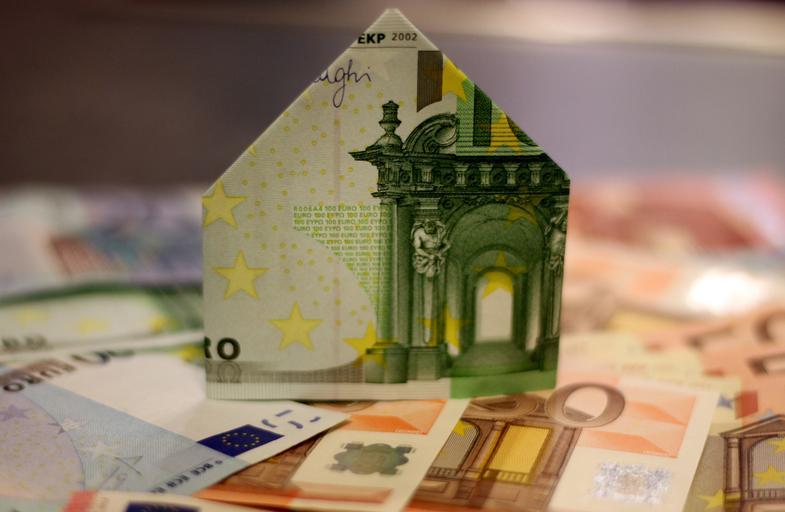
Caveat emptor when you build a new home on your existing land.
BREAD OVER BREAD CORP. v. TARDIEU, 2020 NY Slip Op 51537 - NY: Supreme Court December 22, 2020:
"......plaintiff contends, among other things, that the provisions of the General Business Law and the Suffolk County Code upon which defendant relies — GBL Article 36-A ("Home Improvement Contracts") and Suffolk County Code Chapter 563 ("Licensed Occupations") — are inapplicable because the claimed contract involved the construction of a new house, for investment purposes and which defendants did not intend to occupy, and not the construction of a "custom home" — see GBL 770(7) — or a residential "home improvement" — id., 770(3).
.....
Failure to comply with GBL Article 36-A and Suffolk County Code Chapter 563. If, as claimed by defendants, the alleged contract and its subject matter is governed by Article 36-A of the General Business Law and plaintiff was required to hold a home improvement license pursuant to Suffolk County Code Chapter 563, then plaintiff is precluded from recovering payment from defendants, whether under the claimed contract or for quantum meruit (see Durao Concrete v. Jonas, 287 AD2d 481, 731 NYS2d 203 [2d Dept 2001]; citing B & F Bldg. Corp. v. Liebig, 76 NY2d 689, 563 NYS2d 40 [1990]; Richards Conditioning Corp. v. Oleet, 21 NYS2d 895, 289 NYS2d 411 [1968]; Todisco v. Econopouly, 155 AD2d 441, 547 NYS2d 103 [2d Dept 1989]; see also Enko Const. Corp. v. Aronshtein, 89 AD3d 676, 932 NYS2d 501 [2d Dept 2011]). In that event, defendants will have made a sufficient prima facie showing of entitlement to judgment as a matter of law on the issue of whether plaintiff can recover on a putative home improvement contract when it is not a licensed contractor[2]. Further, because the claimed contract does not contain the elements required in a home improvement contract (see GBL § 771[a]-[h]), it would be unenforceable for that reason, as well (see generally Consigliere v Grandolfo, 30 Misc 3d 1207(A) [NY City Ct 2011] ("The statute's plain purpose is to protect homeowners from unscrupulous, venal home improvement contractors. It protects them by, among other things, requiring a written contract containing specific language and items to be included, including granting certain rights to the homeowner. . . ."); compare Johnson v Robertson, 131 AD3d 670, 672 [2d Dept 2015]). Whether plaintiff's claim is precluded by the provisions of GBL Article 36-A and Chapter 563 of the Suffolk County Code presents issues of fact that cannot be fully resolved on the current record; as was stated by the Appellate Division in Enko Const. Corp. v. Aronshtein, supra, which involved a similar provision of the Nassau County Administrative Code:
Although the licensing requirement does not apply to the construction of a new home, interpreting a functionally equivalent local law, this Court concluded that "[t]he statutory exemption for `construction of a new home' is limited to the creation of a structure, where none previously existed... Even if a dwelling is stripped to the frame and rebuilt, the work constitutes the renovation of an existing home, not the erection of a new one" (J.M. Bldrs. & Assoc., Inc. v. Lindner, 67 AD3d at 740, 889 N.Y.S.2d 60 [some internal quotation marks omitted] 89 AD3d at 678; see also Blake Elec. Contr. Co., Inc. v Paschall, 222 AD2d 264, 265 [1st Dept 1995] (same as to the exemption in New York City Administrative Code § 20-386(2) for "construction of a new home").
......."







No comments:
Post a Comment
Note: Only a member of this blog may post a comment.